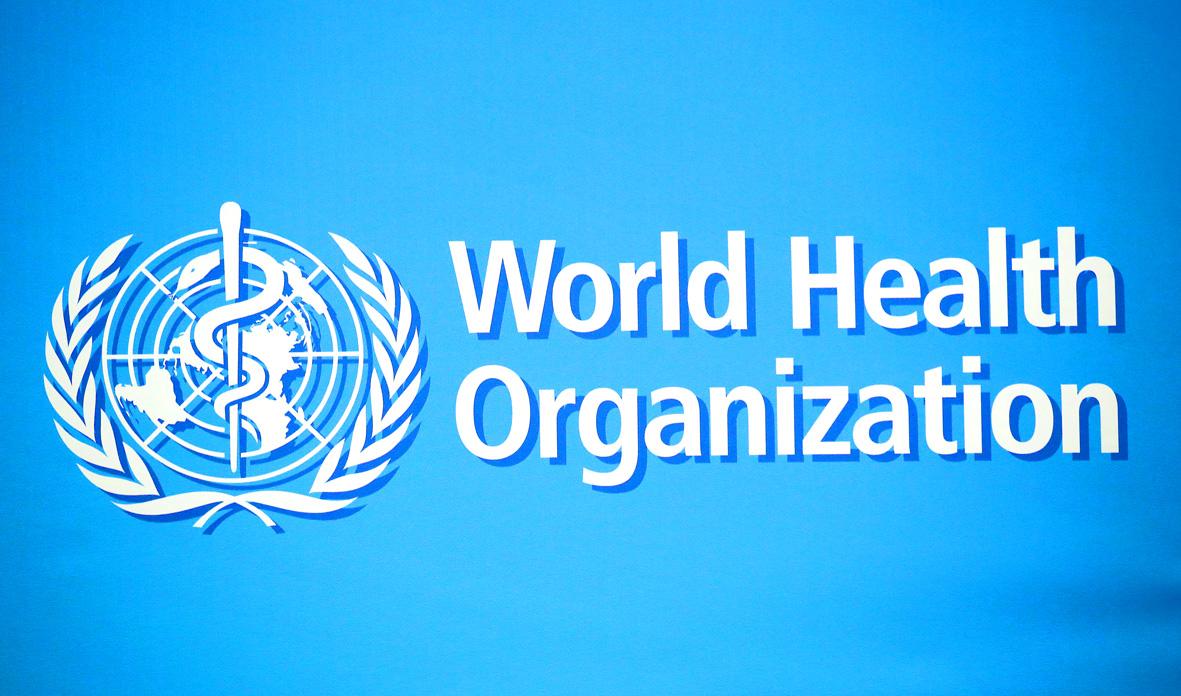The WHO Secretariat has been playing a decisive role in excluding Taiwan’s participation in the global body, three Taiwanese-American groups said in a joint letter to the global health body on Monday, after the WHO said it does not make decisions on membership.
The joint letter was endorsed by the North American Taiwanese Medical Association, the Formosan Association for Public Affairs (FAPA) and the North America Taiwanese Professors’ Association in response to the WHO’s statement titled “Information sharing on COVID-19” published on March 29.
“The question of Taiwanese membership in WHO is up to WHO Member States, not WHO staff,” said the letter, quoting the WHO statement.

Photo: Reuters
However, “it is the WHO Secretariat that has been playing a decisive role in excluding Taiwan’s participation. Their manipulation of meeting agenda regarding Taiwan’s participation during past annual [World Health] Assembly precludes the decisions by Member States and a transparent democratic process,” the letter said.
Taiwanese’s human rights are not a matter to be determined or voted by the WHO Secretariat, nor the member states, which runs counter to the idea of “health for all,” the letter said.
When the US Congress returns to session, the FAPA would do its utmost to help pass Senate Bill No. 249 to direct the US Department of State to develop a strategy to regain Taiwan’s observer status in the WHO, FAPA president Minze Chien (簡明子) said in the letter.
“We will also continue to advocate for the ultimate goal of Taiwan’s full membership in the global health body,” he said.
The WHO on Sunday issued another statement titled “How the World Health Organization works with all people, everywhere” to reiterate its interaction with Taiwanese experts and uphold its “one China” policy.
While the WHO soon retracted the second statement, Watchout (沃草) — a Taiwan-based Facebook page promoting civic participation in politics — saved a copy and shared it on Facebook on Monday.
The UN General Assembly Resolution 2758 passed by member states in 1971 recognized the People’s Republic of China as “the only legitimate representative of China,” which is “a one China policy,” the WHO’s second statement said.
“There have been occasions when it was clear that there was general support among WHO countries for Taiwan to take an observer seat at the World Health Assembly. Between 2009 and 2016, it did so under the name ‘Chinese Taipei,’” it said.
“But having a seat at the WHA, or not having a seat at the WHA, does not affect, in any way, whether an area or population benefits from WHO expertise and guidance. WHO helps all people, everywhere,” it said.
The Ministry of Foreign Affairs yesterday said that it has noticed the second statement, but could not comment on it as the WHO had retracted it.

Taiwan is to commence mass production of the Tien Kung (天弓, “Sky Bow”) III, IV and V missiles by the second quarter of this year if the legislature approves the government’s NT$1.25 trillion (US$39.78 billion) special defense budget, an official said yesterday. Commenting on condition of anonymity, a defense official with knowledge of the matter said that the advanced systems are expected to provide crucial capabilities against ballistic and cruise missiles for the proposed “T-Dome,” an advanced, multi-layered air defense network. The Tien Kung III is an air defense missile with a maximum interception altitude of 35km. The Tien Kung IV and V

The disruption of 941 flights in and out of Taiwan due to China’s large-scale military exercises was no accident, but rather the result of a “quasi-blockade” used to simulate creating the air and sea routes needed for an amphibious landing, a military expert said. The disruptions occurred on Tuesday and lasted about 10 hours as China conducted live-fire drills in the Taiwan Strait. The Civil Aviation Administration (CAA) said the exercises affected 857 international flights and 84 domestic flights, affecting more than 100,000 travelers. Su Tzu-yun (蘇紫雲), a research fellow at the government-sponsored Institute for National Defense and Security Research, said the air

Taiwan lacks effective and cost-efficient armaments to intercept rockets, making the planned “T-Dome” interception system necessary, two experts said on Tuesday. The concerns were raised after China’s military fired two waves of rockets during live-fire drills around Taiwan on Tuesday, part of two-day exercises code-named “Justice Mission 2025.” The first wave involved 17 rockets launched at 9am from Pingtan in China’s Fujian Province, according to Lieutenant General Hsieh Jih-sheng (謝日升) of the Office of the Deputy Chief of the General Staff for Intelligence at the Ministry of National Defense. Those rockets landed 70 nautical miles (129.6km) northeast of Keelung without flying over Taiwan,

A strong continental cold air mass is to bring pollutants to Taiwan from tomorrow, the Ministry of Environment said today, as it issued an “orange” air quality alert for most of the country. All of Taiwan except for Hualien and Taitung counties is to be under an “orange” air quality alert tomorrow, indicating air quality that is unhealthy for sensitive groups. In China, areas from Shandong to Shanghai have been enveloped in haze since Saturday, the ministry said in a news release. Yesterday, hourly concentrations of PM2.5 in these areas ranged from 65 to 160 micrograms per cubic meter (mg/m³), and pollutants were